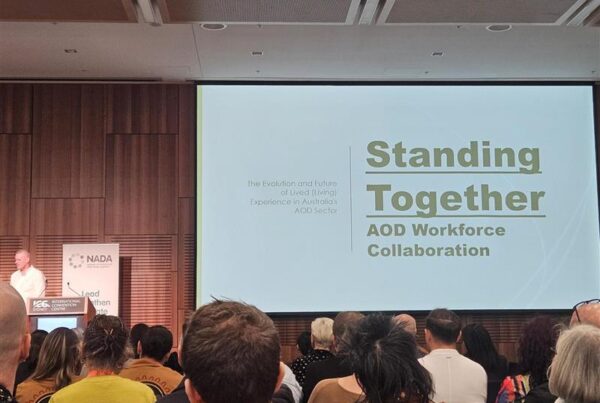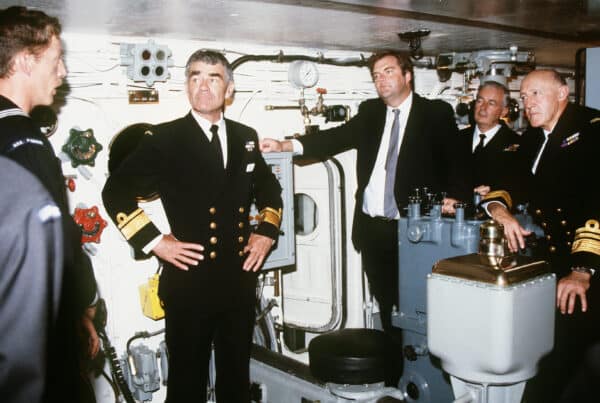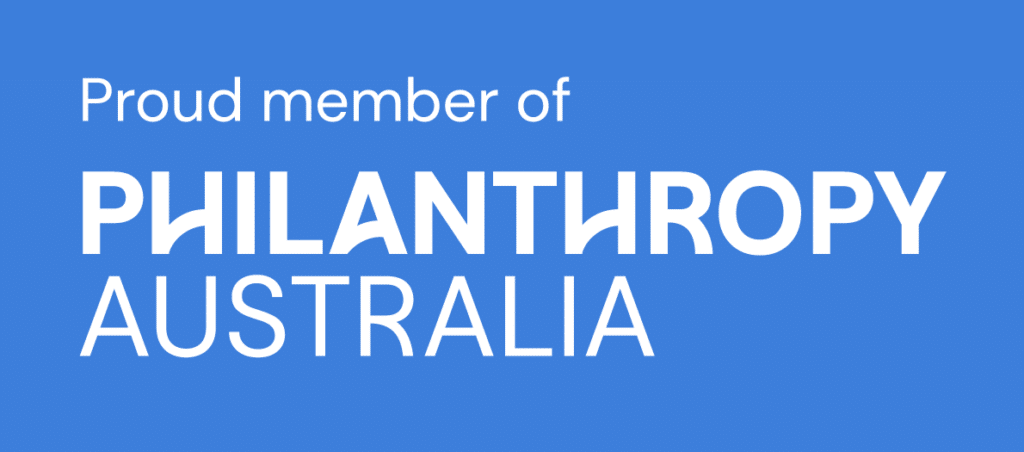I was completely captivated as each chapter delved deeper into the failings (and successes) of our society in managing drugs – urging us to re-think our approach to addiction.
There is a lot that can be said about drug prohibition – its history, evolution and case studies that ensue. But what I found particularly interesting was the challenge that Hari presented on our very understanding of addiction itself.
The challenge is that most of our perceptions of addiction are based on the ‘pharmaceutical theory of addiction’ – that chemicals are the cause of the addicted one’s habit.
I’ll clarify that chemicals in drugs can be addictive and that some are stronger than others. It’s just that this approach to addiction is far too simple and the repercussions include ineffective models of treatment and support for those struggling with addiction.
The book argues that nothing is addictive in itself. It’s always a combination of a potentially addictive substance or behaviour and a susceptible individual.
Problem drug use is a symptom, not a cause, of personal and social instability. It meets a need and takes away the pain, for a while.
American scientists carried out a study called the Adverse Childhood Experiences Study. These scientists discovered that for each traumatic event that happened to a child, they were two to four times more likely to grow up to be an addicted adult. Nearly two-thirds of injection drug use, they found, is the product of childhood trauma.
Simply cutting off access to drugs from an addicted person’s life will not solve their addiction issue. It isn’t the drug that causes the harmful behaviour – it’s the environment, the person’s history and mental health.
You may have heard about the Rat Park experiment from the 70s. If not, I recommend you watch this short summary. Essentially, it brings into focus the importance of one’s environment and sense of connectedness in preventing or overcoming addiction.
The connection that Hari makes between addiction and environment brings home to me the holistic approach that Triple Care Farm has to helping young people with substance abuse issues. Here, young people are provided with a non-judgmental environment to delve into the reasons for their addiction and are able to receive the right support to help them build a better life.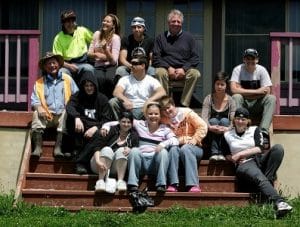
– Young people at youth drug and alcohol rehabilitation program, Triple Care Farm –
“Addiction is an expression of despair, and the best way to deal with despair is to offer a better life, where the addict doesn’t feel the need to anesthetize herself anymore.” – Jão Figueira (Chief of the Lisbon Drugs Squad)
If pain and isolation are major causes of addiction, inflicting more pain and more isolation not only doesn’t work, it actually makes things worse. Towards the end of the book, the case is made that treatment models based on love, compassion and support for people with addiction work, and models based on stigmatising and shaming make them worse.
I’ve been reminded to look with more compassion and complexity, at people struggling with addiction. I am encouraged by Triple Care Farm’s holistic approach to helping young people make sustained changes in their young and precious lives.
Addiction is complex because it intertwines with individual stories. The chemicals are only one part of the picture.
Megan Meyer


